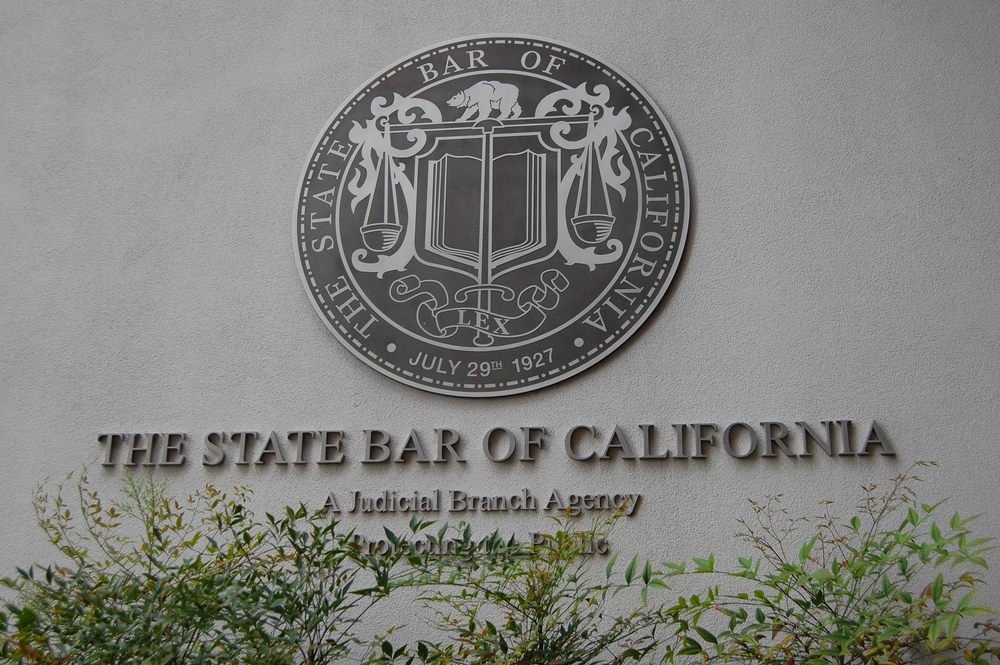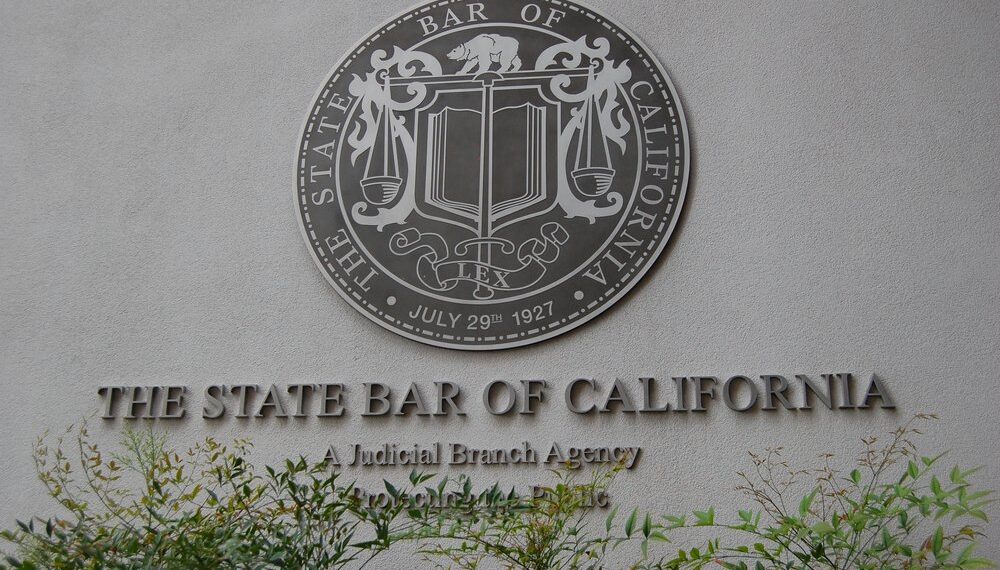[ad_1]
Ethics
California bar announces probes of 2 prominent lawyers after report on mishandled settlement funds

Image from Shutterstock.
The State Bar of California announced Tuesday that it is investigating two prominent Los Angeles lawyers in connection with the mishandled distribution of settlement funds paid by insurers for descendants of Armenian genocide victims.
The lawyers under investigation are Mark John Geragos and Brian Stephen Kabateck, who are described as high-profile and prominent in coverage by Law.com, Law360, Reuters and Courthouse News Service.
“The status of attorneys, or the size of their practice, cannot and will not impact our decisions to investigate misconduct,” said Ruben Duran, chair of the State Bar of California’s board of trustees, in a Sept. 27 press release.
Duran said confidence in the bar’s lawyer-oversight process was shaken because of the “Girardi matter.” He was referring to Tom Girardi, the high-profile trial lawyer who was frequently accused of wrongdoing in lawsuits without facing disciplinary charges. He has since been disbarred.
Geragos has represented celebrity clients including singer Michael Jackson, actress Winona Ryder, singer Chris Brown and rapper Sean “Diddy” Combs (also known asPuff Daddy), according to his website. Kabateck, a class action lawyer, is a former president of the Los Angeles County Bar Association and a former president of the Consumer Attorneys of California, according to his online bio.
The bar announced the investigation following a March report by the Los Angeles Times on problems in the distribution of one of two settlements obtained against insurers. The lawsuits, initially filed by Glendale, California, lawyer Vartkes Yeghiayan, had sought unpaid life insurance proceeds for the descendants of victims of the Armenian genocide in the 1910s. Yeghiayan, who has since died, enlisted Geragos and Kabateck to help.
The New York Life Insurance Co. settled for $20 million, and French insurer AXA settled for $17.5 million, with $11.35 million designated for victims’ descendants.
According to the Los Angeles Times, the New York Life Insurance distribution ran smoothly. A committee appointed by the state insurance commissioner considered the applications. But the settlement administration set up in Los Angeles for the AXA distribution yielded settlement cash for only “a tiny fraction of applicants,” and less than 8% of applications won approval, the newspaper reported.
More than $300,000 in checks were made out to relatives of the claims administrator. Checks were made out to one person whose existence couldn’t be confirmed and to another who said he knew nothing about the case. The signature of one Beverly Hills, California, lawyer with no official role in the case was on the back of several AXA checks made out to other people, including the claims administrator’s relatives, the Los Angeles Times reported.
The Beverly Hills lawyer later repaid about $700,000, according to the newspaper. He later told bar officials that he thought that he had a right to the money because of a side deal that he made to help coordinate AXA claims with Geragos and Kabateck. He also said he cashed checks returned to the claims administrator because he didn’t want them to get stale.
Christian churches that were supposed to get settlement money told the Los Angeles Times that they received nothing. About $1 million of AXA settlement money went to the Loyola Law School in California, the alma mater of Geragos and Kabateck. The school has used the money for the Center for the Study of Law and Genocide.
Geragos and Kabateck have said they did nothing wrong. They said the bar has already investigated three complaints about them and took no action, according to Law.com.
Geragos told Reuters that the bar is unfairly targeting him because he represented the state bar’s former executive director, Joe Dunn, in an ethics case. He told Law360 that he and Kabateck had previously raised settlement issues with prosecutors.
Kabateck issued a statement cited by several publications, including Courthouse News Service.
“The undisputed facts are and will always be that an independent third party appointed, approved and overseen by the court (like in any class action) distributed the settlement funds to the class members,” the statement said. “Neither Mr. Kabateck nor Mr. Geragos were involved in any decision relating to individual payments to victims, nor were they able to decide, review or influence claims made by class members. We have fully cooperated with multiple prior investigations and inquiries conducted by the state bar and others (all of whom found no wrongdoing).”
[ad_2]




